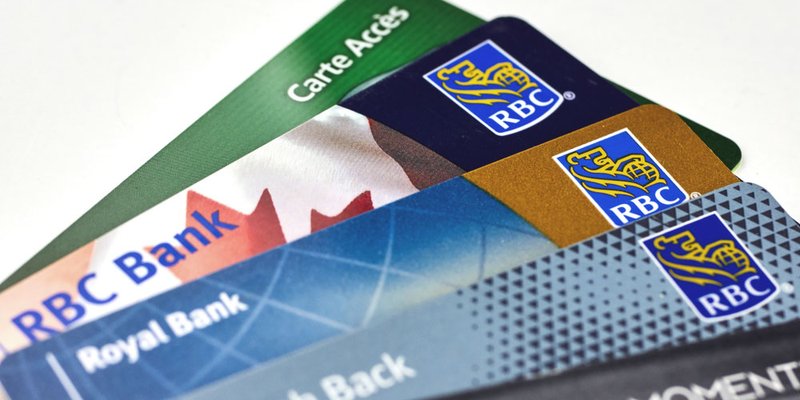
If you are not redirected within 30 seconds, please click here to continue.
Samedi: 10h – 16h HAE

If you are not redirected within 30 seconds, please click here to continue.
If you are not redirected within 30 seconds, please click here to continue.
What to Do if Your Credit Card Application Is Rejected

With so many ads and promotions floating around, sometimes it may appear as if companies are practically giving away credit cards to everyone. However, when you apply for a credit card, there is absolutely no guarantee you’ll be approved. Generally, if you have a steady income and good credit, you’re in the clear for approval. But if your credit card application was rejected, there are ways to improve your situation to ensure your next application is approved.
You thought you had a good credit score but you were rejected
There’s no need to panic if your credit card application was rejected, but it is important to investigate why you were turned down.
It’s a good idea to call the credit card company directly first. Sometimes there is a simple explanation – for example, you didn’t meet the minimum income requirement or the company was missing a piece of information. It’s also possible that you were rejected due to information in your credit bureau report – something that could potentially be a serious matter. In this case, it’s a good idea to check your credit reports from both Equifax and TransUnion to make sure there’s no suspicious activity on your account.
Keep in mind, your credit report is different from your credit score. Your report lists all of your sources of credit and includes your payment history, whereas your credit score is simply a number rating that determines your credit worthiness.
If your score is 660 or above, then you are likely in good shape. However, it’s still possible to be rejected even with a credit score of 700 or higher. Every credit card provider has different requirements for approval. Maybe they think you have too much credit available, or that you’re using too much credit, or maybe you don’t have enough credit history. In cases where companies are this strict, there’s little you can do.
You know you have a low credit score and you were rejected
If you were denied a credit card due to a low credit score, and you understand why, you can start taking steps to improve it before filling out any new applications.
The most common reason behind a low score is past missing payments. The easiest way to correct this is to make sure you don’t ever miss a payment in the future. From a credit score perspective, all this means is making at least the minimum payment, although you should always strive to pay off your entire balance every month on time.
Another way to improve your credit score is to reduce your debt load. Instead of applying for new cards, you should concentrate more on paying down any outstanding debts since lenders don’t like it when your debt-to-income ratio is too high. Your debt-to-income ratio is the per cent of gross income you currently put towards paying off your debts.
In Canada, if you have a debt-to-income ratio of 37% or more, you may have some difficulty getting approved for credit. So moving forward, try to keep your balances within a reasonable limit. Trying to improve your credit score can sometimes be a catch-22. If you ran into financial difficulties in the past, you may not be approved for a credit card now.
To get around this, consider applying for a secured credit card. These types of cards require a deposit, but your credit score will improve because these cards report to the credit bureaus. Alternatively, if you have the funds available, you can set up pre-authorized payments directly from your bank account for any recurring bills.
Eventually, you’ll be able to qualify for a regular credit card again – and then you can give yourself a pat on the back. Just remember to continue to spend responsibly to ensure you don’t fall back into the land of debt and bad credit.
Get money-saving tips in your inbox.
Stay on top of personal finance tips from our money experts!










